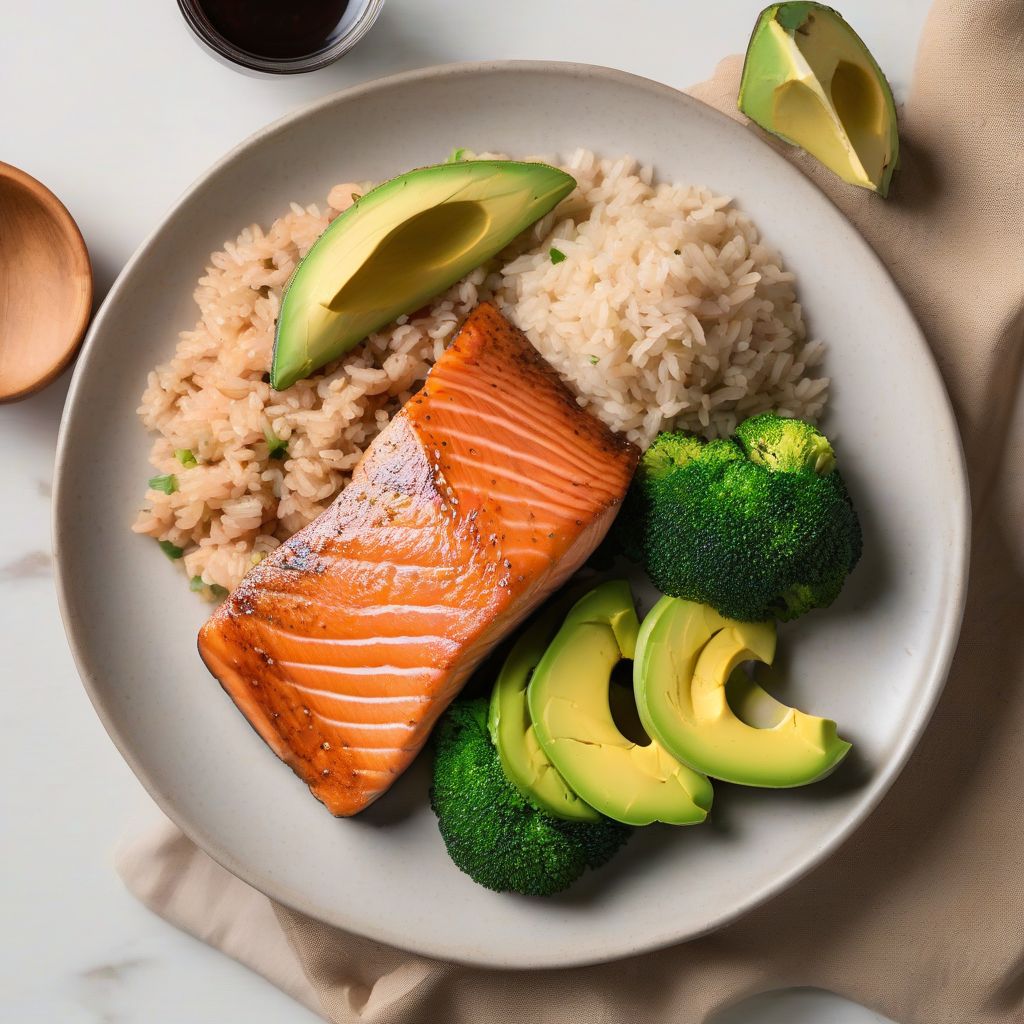Imagine this: you’re in the zone, pushing your limits, and suddenly, your energy plummets. Sound familiar? What you eat plays a critical role in how well you perform and recover from your workouts. It’s not just about counting calories, but about understanding the mighty role of macronutrients. As a nutritionist and meal prep coach, I’m here to break down how to optimize your diet to maximize your athletic potential.
What are Macronutrients, and Why Should Athletes Care?
Macronutrients are the heavy lifters of the nutrition world – carbohydrates, protein, and fats. They provide the energy your body needs to power through workouts and rebuild muscle tissue afterward. Here’s how each macronutrient contributes to your athletic success:
Carbohydrates: Your Energy Powerhouse
Carbohydrates are your body’s primary and preferred source of fuel. Think of them as the high-octane gasoline for your muscles. They’re broken down into glucose, which is stored as glycogen in your muscles and liver.
- During exercise: Your body taps into these glycogen stores for energy, especially during high-intensity activities.
- Post-workout: Replenishing glycogen stores is crucial for muscle recovery, reducing fatigue, and promoting muscle growth.
Foods rich in carbohydrates: Whole grains (brown rice, quinoa, oats), fruits, vegetables, starchy vegetables (sweet potatoes, potatoes), and legumes.
Protein: The Building Blocks for Muscle Repair and Growth
Protein takes center stage when it comes to building and repairing muscle tissue. After a tough workout, your muscles need protein to repair those microscopic tears that occur during exercise, making them stronger and more resilient.
- Protein also helps:
- Maintain a healthy metabolism
- Support immune function
- Keep you feeling full and satisfied, which is helpful for managing weight
Foods rich in protein: Lean meats, poultry, fish, eggs, dairy products, beans, lentils, tofu, nuts, and seeds.
Fats: The Endurance Champions and Nutrient Enhancers
Don’t let the low-fat diet craze fool you; healthy fats are essential for athletes, especially those engaged in endurance activities.
- Fats provide sustained energy: They’re like the slow-burning logs in a fireplace, providing a steady stream of energy for longer workouts.
- They also help:
- Absorb essential vitamins
- Regulate hormones
- Maintain cell health
Foods rich in healthy fats: Avocados, nuts, seeds, olive oil, fatty fish (salmon, tuna, mackerel), and nut butter.
 Fueling for Fitness
Fueling for Fitness
Fine-Tuning Your Macronutrient Ratio for Peak Performance
The ideal macronutrient ratio varies depending on several factors, including:
- Your sport or activity level: Endurance athletes need a higher percentage of carbohydrates, while strength athletes require more protein.
- Your body composition goals: Those looking to lose weight may adjust their carbohydrate and fat intake while increasing protein.
- Individual preferences and tolerances: Some people thrive on higher-carb diets, while others feel better with more fat.
General Guidelines for Athletes (Consult with a Registered Dietitian for Personalized Recommendations):
- Carbohydrates: 45-65% of total daily calories
- Protein: 15-30% of total daily calories
- Fat: 20-35% of total daily calories
Timing is Key: Pre-Workout, During, and Post-Workout Nutrition
-
Pre-Workout (1-3 hours before): Focus on easily digestible carbohydrates for energy and a moderate amount of protein. This could be a banana with peanut butter, a small bowl of oatmeal with berries, or a rice cake with turkey.
-
During Workout (For workouts lasting longer than 60 minutes): For endurance activities, replenish carbohydrates with sports drinks, gels, or easily digestible snacks like dried fruit.
-
Post-Workout (Within 30-60 minutes): This is your recovery window! Prioritize a combination of carbohydrates to replenish glycogen stores and protein to repair and rebuild muscles. A protein shake with fruit, Greek yogurt with granola, or a chicken breast with sweet potatoes are great options.
Common Macronutrient Mistakes Athletes Make
- Not Eating Enough Carbs: This can lead to fatigue, reduced performance, and difficulty recovering from workouts.
- Skimping on Protein: Inadequate protein intake can hinder muscle growth and repair, prolonging recovery time.
- Fearing Healthy Fats: Don’t fall into the low-fat trap! Healthy fats are essential for hormone production, energy, and nutrient absorption.
- Ignoring Nutrient Timing: When you eat is just as important as what you eat for optimal performance and recovery.
The Bottom Line: Nourish Your Body for Success
Remember, your body is your most valuable piece of equipment. By understanding the crucial role of macronutrients and implementing a well-planned nutrition strategy, you can fuel your athletic endeavors, enhance recovery, and achieve peak performance.
Consult with a Registered Dietitian or Sports Nutritionist: For personalized guidance on macronutrient ratios, meal planning, and strategies to optimize your athletic performance.
[amazon bestseller=”sports nutrition”]
Let me know in the comments below what questions you have about macronutrients or your specific sports nutrition needs! I’m here to help you crush your fitness goals.
